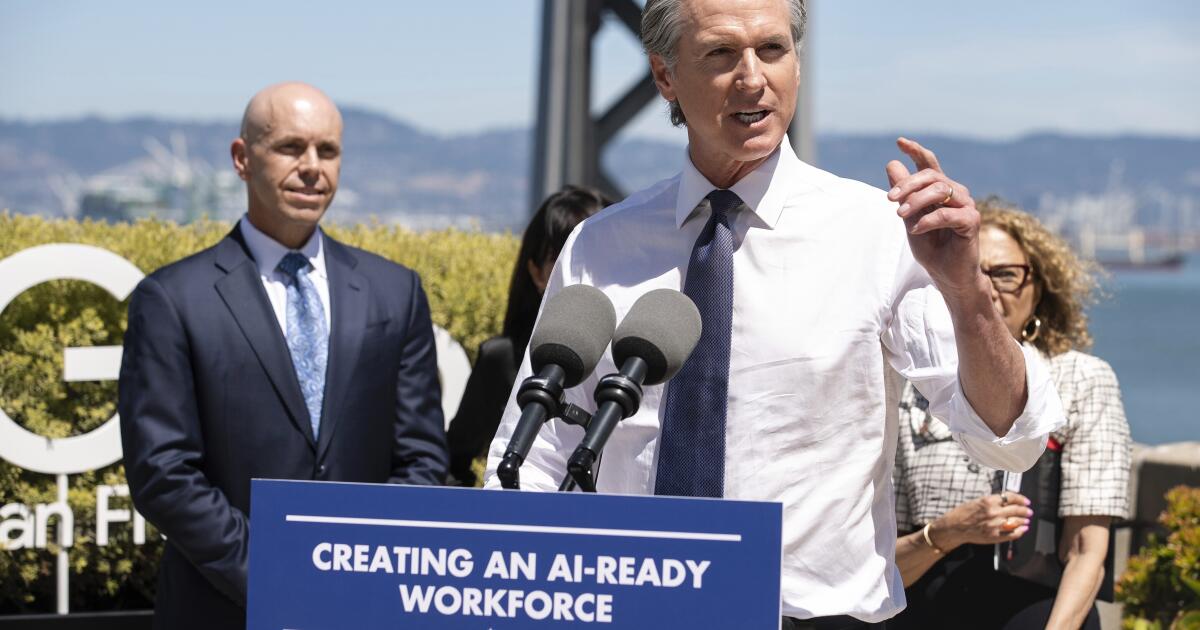South African government criticizes Trump’s refugee policy prioritizing white Afrikaner minority
JOHANNESBURG — South Africa’s government on Friday criticized the U.S. refugee policy shift that gives priority to Afrikaners, the country’s white minority group of Dutch descent.
The Trump administration on Thursday announced a ceiling of 7,500 refugees to be admitted to the United States, a sharp decrease from the previous 125,000 spots and said Afrikaners would be given preference over other groups.
U.S. President Trump has claimed that there is a “genocide” against Afrikaners in South Africa and that they are facing persecution and discrimination because of the country’s redress policies and the levels of crime in the country.
It’s one of the contentious issues that has seen diplomatic relations between South Africa and U.S. hit an all-time low, with Trump suspending all financial aid to South Africa and setting one of the highest tariffs for the country’s exports to the U.S.
The South African government’s international relations department said Friday that the latest move was concerning as it “still appears to rest on a premise that is factually inaccurate.”
“The claim of a ‘white genocide’ in South Africa is widely discredited and unsupported by reliable evidence,” spokesman Chrispin Phiri said.
Phiri said that a program designed to facilitate the immigration and resettlement of Afrikaners as refugees was deeply flawed and disregarded the country’s constitutional processes.
“The limited uptake of this offer by South Africans is a telling indicator of this reality,” Phiri said.
The U.S. notice, which signifies a huge policy shift toward refugees, mentioned only Afrikaners as a specific group and said the admission of the 7,500 refugees during the 2026 budget year “justified by humanitarian concerns or is otherwise in the national interest.”
Trump’s asylum offer for Afrikaners has sparked divisive debate in South Africa, but has been largely rejected even by many in the Afrikaner community.
This week, a group of prominent Afrikaners including politicians, activists, writers and businesspeople penned an open letter rejecting the notion that Afrikaners needed to emigrate from South Africa.
“The idea that white South Africans deserve special asylum status because of their race undermines the very principles of the refugee program. Vulnerability — not race — should guide humanitarian policy,” they wrote in the widely publicized letter.
However, some Afrikaner groups continue to be very critical of the South African government’s handling of crime and redress policies even though they reject the “white genocide” claim.
An Afrikaner lobbyist group, Afriforum, on Thursday said that it doesn’t call the murder of white farmers a genocide, but raised concerns about white people’s safety in South Africa.
“This does not mean AfriForum rejects or scoffs at Trump’s refugee status offer — there will be Afrikaners that apply and they should have the option, especially those who have been victims of horrific farm attacks or the South African government’s many racially discriminatory policies,” AfriForum spokesman Ernst van Zyl said.
While it’s unclear how many white South Africans have applied for refugee status in the U.S., a group of 59 white South Africans were granted asylum and were received with much fanfare in May.
Magome writes for the Associated Press.

